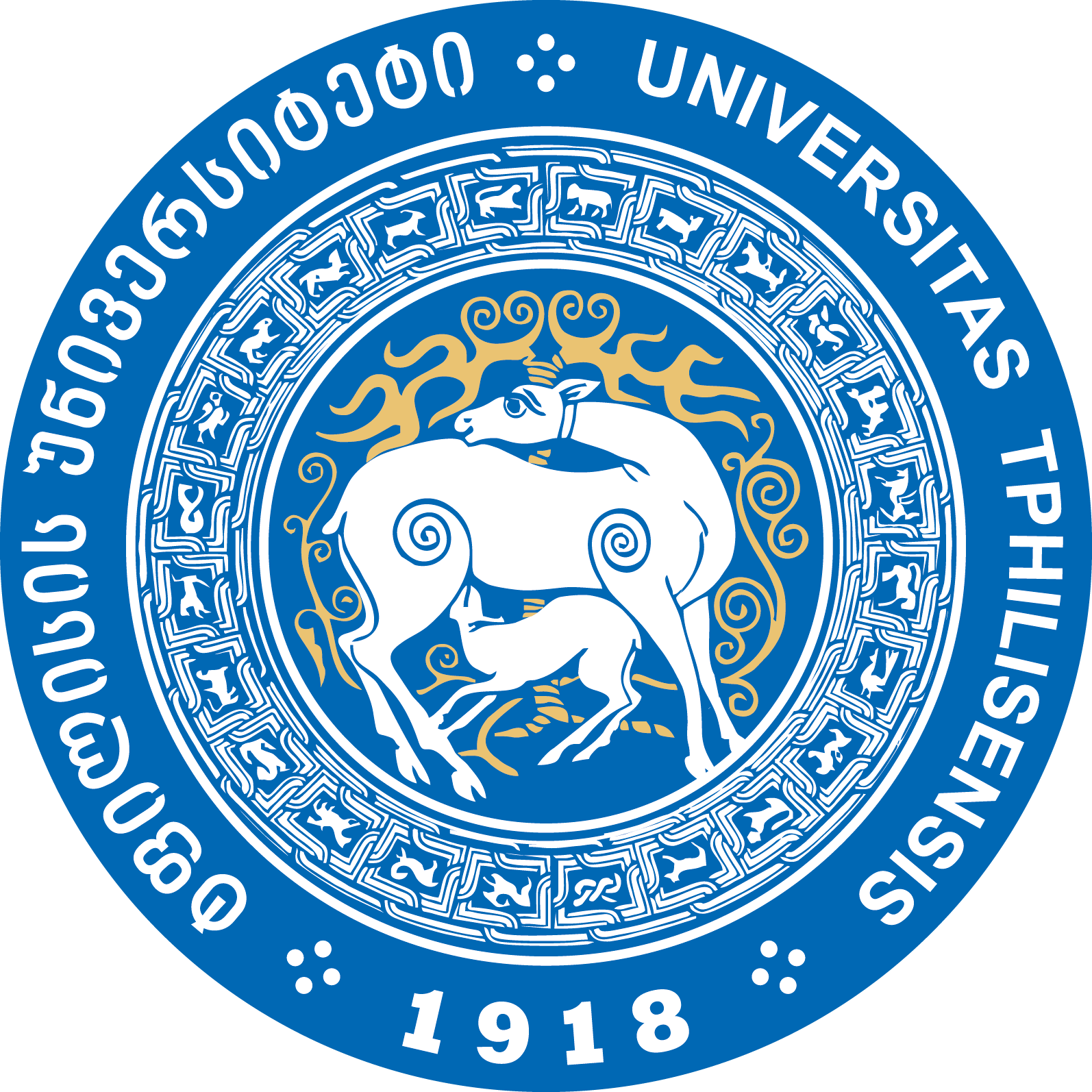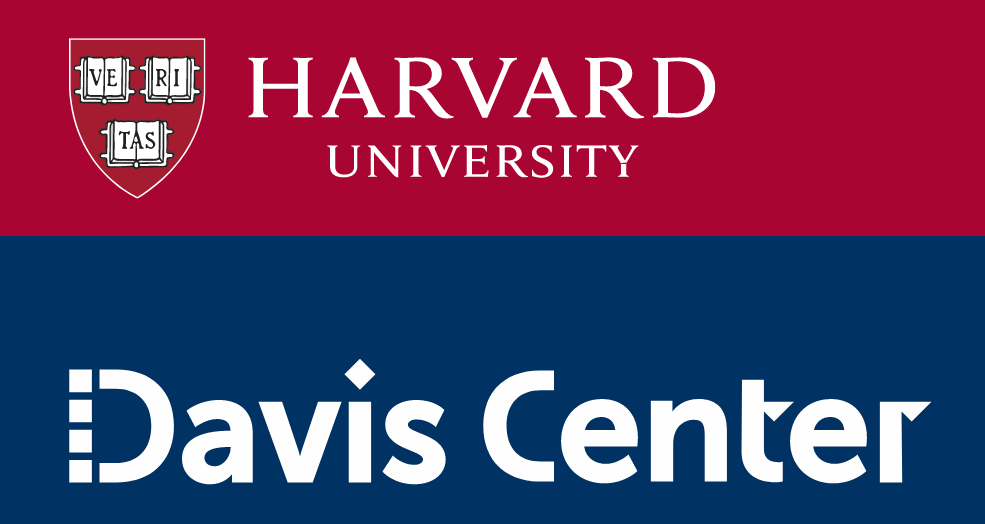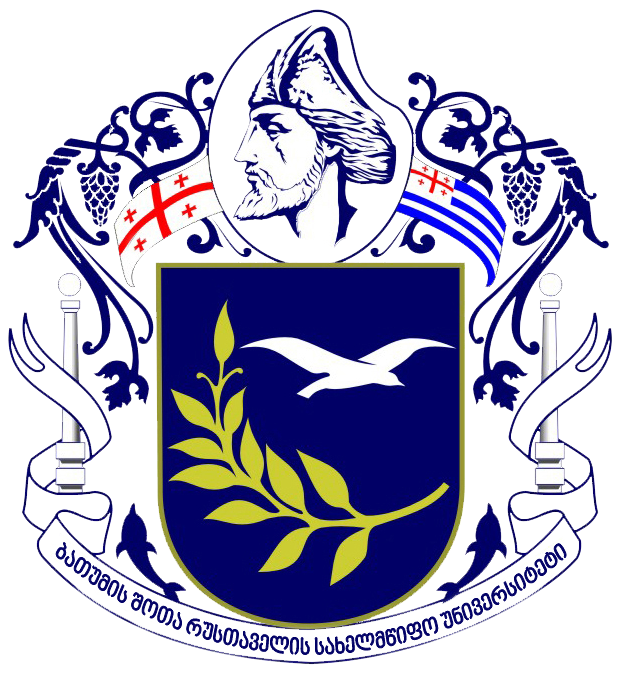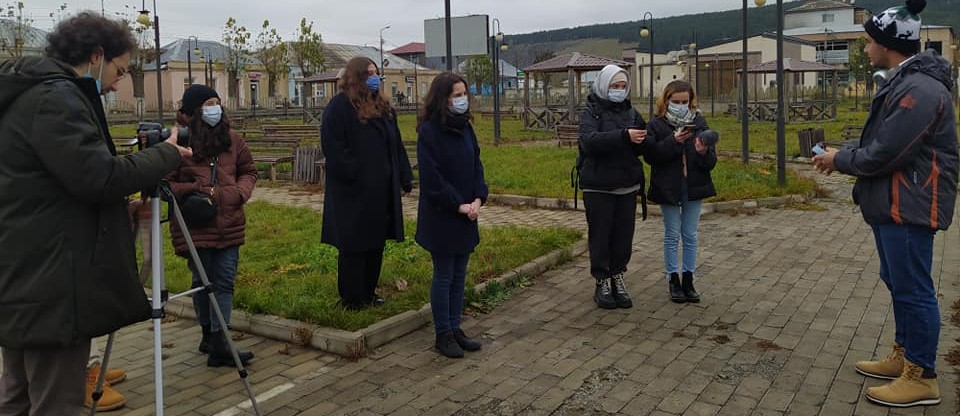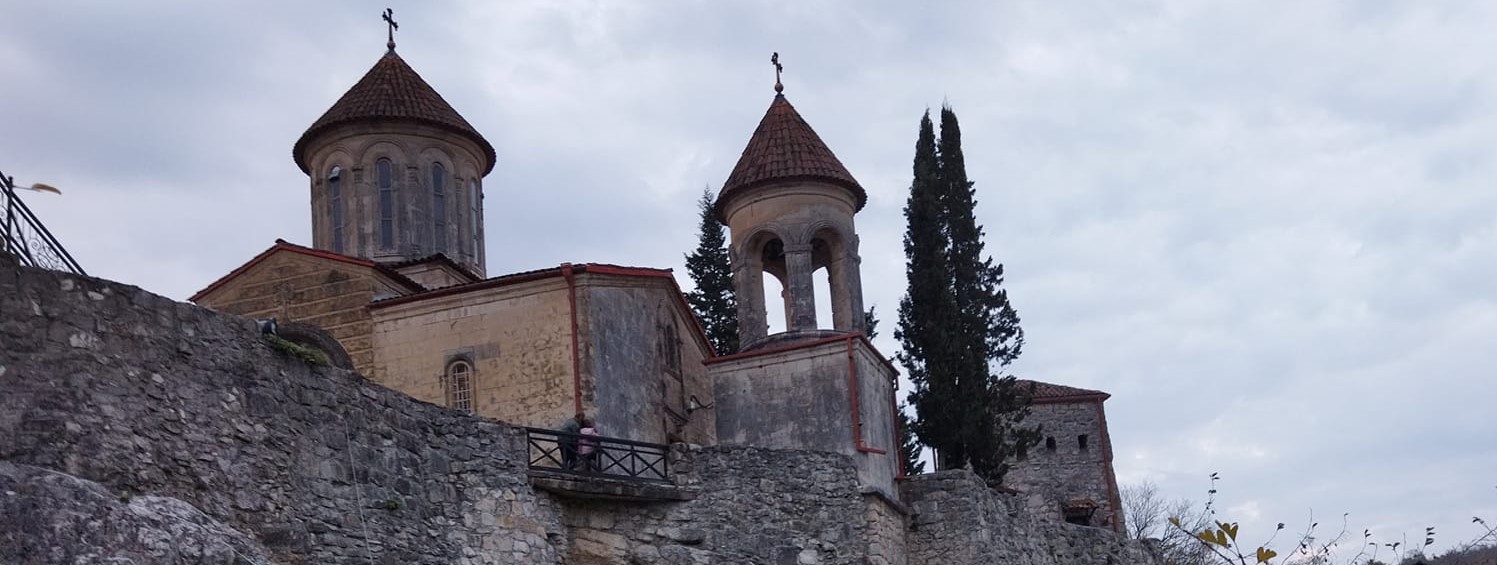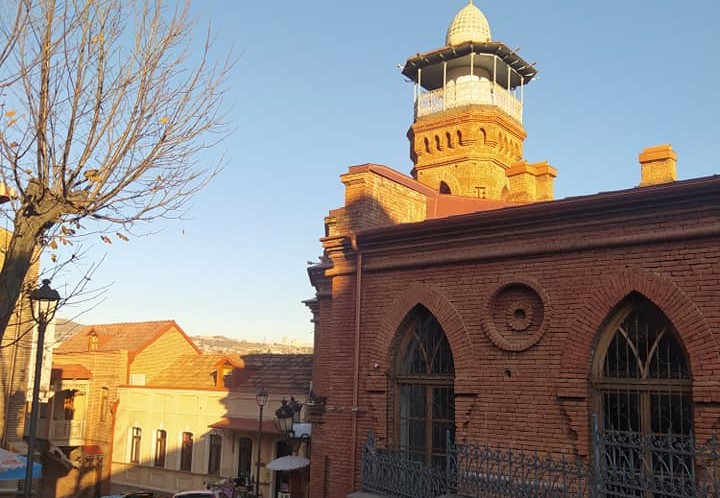TSU International Symposium of Young Scientists has been hosting young scholars since 2017. The Symposium was initiated by Assoc. Prof. Ekaterine Navrozashvili – scientific supervisor of our symposium, Head of the office of the Scientific research and development at the Faculty of Humanities, TSU.
First time, this year, the Organizers of V International Interdisciplinary Symposium for Young Scholars in the Humanities are Shota Rustaveli Batumi State University and Davis Center at Harvard University.
The V International Interdisciplinary Symposium of Young Scholars will be held on July 7-9, 2023. The Symposium is open for young researchers from Humanities and other fields.
The main focus of the V International Symposium for Young Scholars is a field of Cultural Studies which already has a history of several decades at TSU. As in other regions of the world, problems that are especially important for the country are the main objects of its interest. Growing interest towards the field could be observed during last years; cooperation with foreign colleagues develops; students have the opportunity to participate in international educational or research projects and programs; interdisciplinary character of cultural studies allow them to continue their studies at various programs of foreign universities. The results of the researches made by professors and students of the Institute of Cultural Studies causes increasing interest of the international scientific community.
Therefore, the aim of upcoming Symposium is to present the knowledge accumulated in the field of Cultural Studies, to discuss the possibility of study current problems from interdisciplinary perspective, to share modern research methods and theoretical approaches. The Symposium will include thematic interdisciplinary sections, round table, discussion forums, meetings in different formal and informal formats.
The Symposium aims to:
a) Promote and encourage interdisciplinary studies;
b) Present diverse opportunities of Cultural Studies;
c) Popularize and internationalize Georgian Studies;
d) Deepen and support communication between scientists of different generations; highlight the role of young researchers;
e) Assist young researchers in establishing connections with local and foreign colleagues and in sharing scientific achievements.
The Symposium is open for students of Master and PhD levels, and for young scholars with PhD and master's degrees.
Symposium covers the following topics:
- Problems of intercultural communication: historical experience and current issues;
- Experience and challenges of multicultural societies: ethnic, religious and linguistic issues;
- The end of the Cold War and the problems of transition;
- Identity, nationalism, building of independent state;
- Perception and representation of history, collective memory, politics of memory;
- Cultural trauma from the perspective of different disciplines;
- Imperial legacy and its perception;
- Revolutions, totalitarian regimes, colonialism and postcolonialism;
- Language, text, author, reader;
- Artifacts, monuments, traditions: reconstruction of the past;
- Cultural policy and cultural heritage;
- Regional Studies, Caucasus, Central and Eastern Europe, Balkans, Near East;
- Global World and modern challenges: ethno-political conflicts, post-COVID world, international terrorism, war in Ukraine;
- Audio-visual and media arts. Youth subcultures.
Venue: Ivane Javakhishvili Tbilisi State University, Tbilisi, Georgia.
- Main Working Languages: Georgian, English.
- Time Limit:
Presentation - 20 minutes;
Discussions - 10 minutes;
Theses will be submitted to the Symposium Review Committee for the review.
Important Dates:
Date of Symposium: July 7-9, 2023
Abstract Submission April 28, 2023;
Reviewing of the abstracts – September 15, 2022-May15, 2023;
You will receive information regarding participation within a month after submission;
Deadline for payment of the registration fee – May 30, 2023 (in case of inclusion of the presentation in the program);
Deadline for making changes in the program – May 30, 2023;
Abstract volume: 400-500 words
Please note that late submissions will not be accepted.
Registration fee for the speakers (after receiving the consent letter):
Georgian speakers – 100 GEL;
Foreign Speakers – 100 EUR;
Georgian co-authors (per author) – 50 GEL;
Foreign co-authors (per author) – 50 EUR.
Bank Account Number:
National GEL (GEL) Account: Ivane Javakhishvili Tbilisi State University: 204864548;
Recipient Name - United National Treasury Account;
Receiving Bank - State Treasury;
Bank Code - TRESGE22;
Recipient's Account / Treasury Code: 708967253.
When transferring money, please indicate:
Name and surname of the presenter;
V International Interdisciplinary Symposium of Young Scholars.
Registration fee includes:
- Attendance at the Symposium Opening Ceremony (July 7, 2023);
- Attendance at all Symposium sessions (July 7-9, 2023);
- University tour;
- Symposium program;
- Symposium materials;
- Symposium proceedings;
- Certificate;
- Coffee/tea break.
After receiving the consent letter, please pay the registration fee by the indicated deadline.
Organizing Committee Coordinates:
Room N 204, 1 Ilia Chavchavadze Ave., Ivane Javakhishvili Tbilisi State University Main Building, Tbilisi, Georgia.
Contact persons: Irakli Chkhaidze, Ivane Tsereteli, Ketevan Kakitelashvili, Natia Putkaradze and Irina Nozadze.
E-mail: isysh@tsu.ge
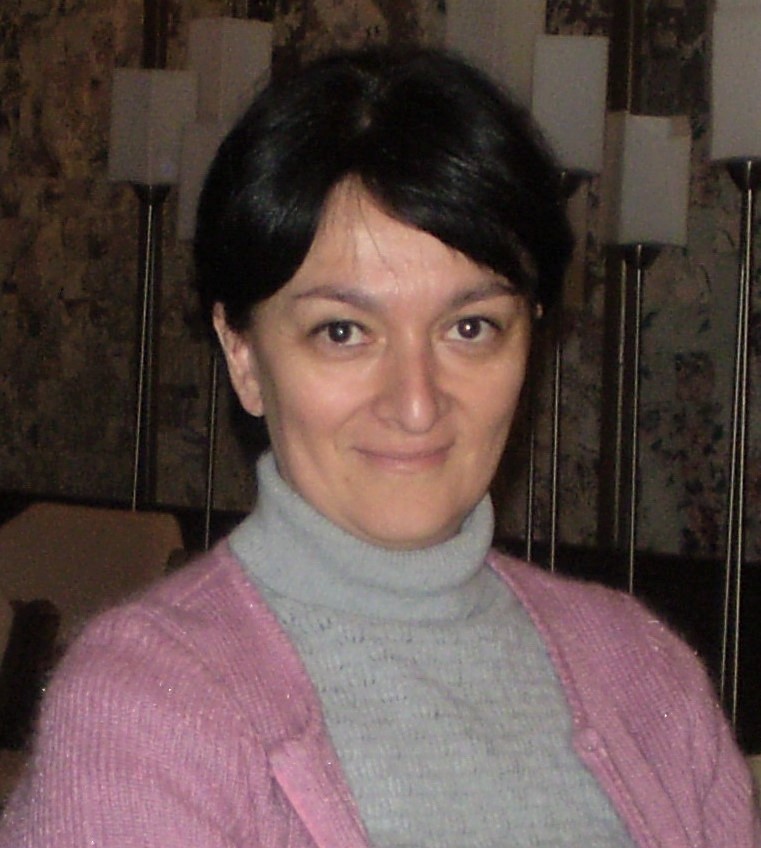 Nino Chikovani
Nino Chikovani
Nino Chikovani, Doctor of Historical Sciences, Professor, director of the Institute of Cultural Studies, Ivane Javakhishvili Tbilisi State University. Her main research interests: problems of cultural identity, collective memory and memory politics, cultural trauma, intercultural communication. She leaded and/or participated in the research projects on the construction of identity in multicultural environment, Jewish identity in Georgia, trauma and triumph in Georgia after independence, formation of the Georgian historical master narrative and principles of history teaching, etc. These are: Georgia: trauma and triumph on the way to independence; Georgian national identity and sites of memory: Construction of the past from dominant and alternative perspectives; Jewish identity in Georgia at the dawn of globalization; Development of international model for curricular reform in multicultural education and cultural diversity training;Identity narratives in Georgia at the beginning of the 20th century: Origins of the multiethnic Georgian nation; Mechanisms of identity formation and its variations: “Alien” and “autochthonous” in the Francophone societies of sub-Sahara, North Africa and Eastern Europe; Myths and conflicts in the South Caucasus.
Results of her research are reflected in the teaching courses and publications, among them: Georgia: trauma and triumph on the way to independence (co-author, Tbilisi, 2022); The Mtatsminda Pantheon: a Memory Site and Symbol of Identity (Caucasus Survey, volume 9, No 3, November 2021, p. 235-249); New Memory – New Identity: Active Forgetting in the Process of the Formation of New Memory (Georgia in the 1990s and 2000s) (Eastern Europe-Regional Studies, 2019, 1); Georiga(Chapter 18) (The Palgrave Handbook of Conflict and History Education in the Post-Cold-War Era. 2019); Tbilisi as a Center of Cross-cultural Interactions in the 19th and Early 20th Centuries (La Montagne des Langues et des Peuples. Imbrications et Transferts dans L’Espace du Caucase. Paris, 2019; Jewish Identity in Georgia in Light of the European Cultural-Political Tradition at the Turn of the 20th Century (Frankfurt Jewish Studies Bulletin, 42, 2018); Soviet Time in Post-Soviet Memory: How the New Memory has been Constructed in Georgia (Time and Culture/Temps et Culture, Bucharest, 2017); Formation du narratif d’identité en Géorgie à la fin du XIXe siècle et au début du XXe siècle (Les Constructions Identitaires dans les Espaces Francophones D’Europe Orientale et D’afrique. Publications de l’Institut des Etudes Africaines, Rabat, 2016); Ethnic Minorities in the History of Georgia: the Post-Soviet History Textbooks(Exchange, Dialogue, New Divisions? Ethnic Groups and Political Cultures in Eastern Europe. Fribourg Studies in Social Anthropology, 45. Zürich, 2016.

Frank Jacob
Frank Jacob is Professor of Global History (19th and 20th centuries) at the faculty of Social Sciences, Nord University, Norway. Before he held academic positions at the City University of New York, USA and Würzburg University, Germany. His main fields of research include post-Imperial transformations, nation-building and nationalism, comparative history, populism, war related identities, military history, Holocaust studies, Cold war, modern German and Japanese history, transnational anarchism, the comparative study of revolutions.
Frank Jacob is engaged in multiple research activities, implementing several projects, editing numerous journals and series including Global Humanities, Genocide and Mass Violence in the Age of Extremes, Global Military Studies Review. He has published more than 80 works and is currently redefining the field of revolution theory.
Frank Jacob's latest publications include the monographs Emma Goldman: Identitäten einer Anarchistin (Hentrich&Hentrich, 2022), East Asia and the First World War (De Gruyter, 2022) and Revolution: Wer, warum, wann und wie viele? (Büchner, 2022) as well as the two co-edited anthologies Nationalism in a Transnational Age and Nationalism and Populism (both co-ed. with Carsten Schapkow, De Gruyter 2021 and 2022).
As for teaching, he has been offering a series of courses drawing on his diverse and rich experience and research interests. Frank Jacob has taught number of classes including global history, modern history covering the last two centuries, historical theory and methods, the Cold war and international politics, the Russian revolution, the Holocaust, Daily Life in World Wars etc.
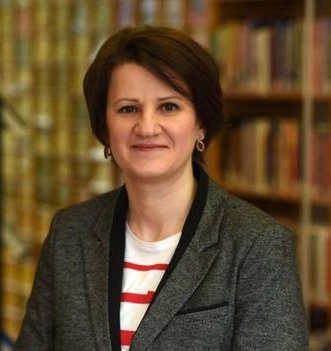
Svetlana Suveica
Svetlana Suveica PD Dr., is a Privatdozent at the University of Regensburg and a research fellow at the Leibniz-Institute for East and Southeast European History (IOS) in Regensburg, Germany. Previously, she was a professor-substitute of Modern History of Eastern Europe at the University of Göttingen and associate professor at the State University of Moldova in Chisinau, Moldova. She holds prestigious fellowships, such as the Humboldt Fellowship at the IOS Regensburg (2012-2014) and the Fulbright Fellowship at the University of Stanford (2009-2010). Her field of research interest is the History of Eastern and Southeastern Europe with a focus on Romania, Moldova, and Ukraine; Empire history (Russian Empire); Transnational and entangled history of the border regions (Bessarabia, Transnistria); Occupation and war research (First and Second World War); History of violence (Second World War and Holocaust); Culture of Remembrance and Politics of History in Eastern and Southeastern Europe in the 20th-21st Centuries.
Publications: Post-imperial Encounters. Transnational Designs of Bessarabia in Paris and Elsewhere, 1917–1922, Berlin, Boston: De Gruyter, 2022; Deutsche Parlamentarierreden in Zwischenkriegsrumänien. Protokolle aus Abgeordnetenhaus und Senat (1919-1940), Paul Șeulean, Natali Stegmann, Svetlana Suveica und Albert Weber Eds., Berlin: Frank& Timme, 2021; Pianos and Paintings from Transnistria: Plunder of “Cultural Trophies” and Jewish Cultural Assets during the Romanian Occupation (1941-1944), Journal of Holocaust Research, Nr. 3, November 2022, 261-280; Basarabia în primul deceniu interbelic: modernisare prin reforme (1918-1928) (Bessarabia in the First Interwar Decade: Modernization by Means of Reforms (1918-1928), Chisinau: Pontos 2010.
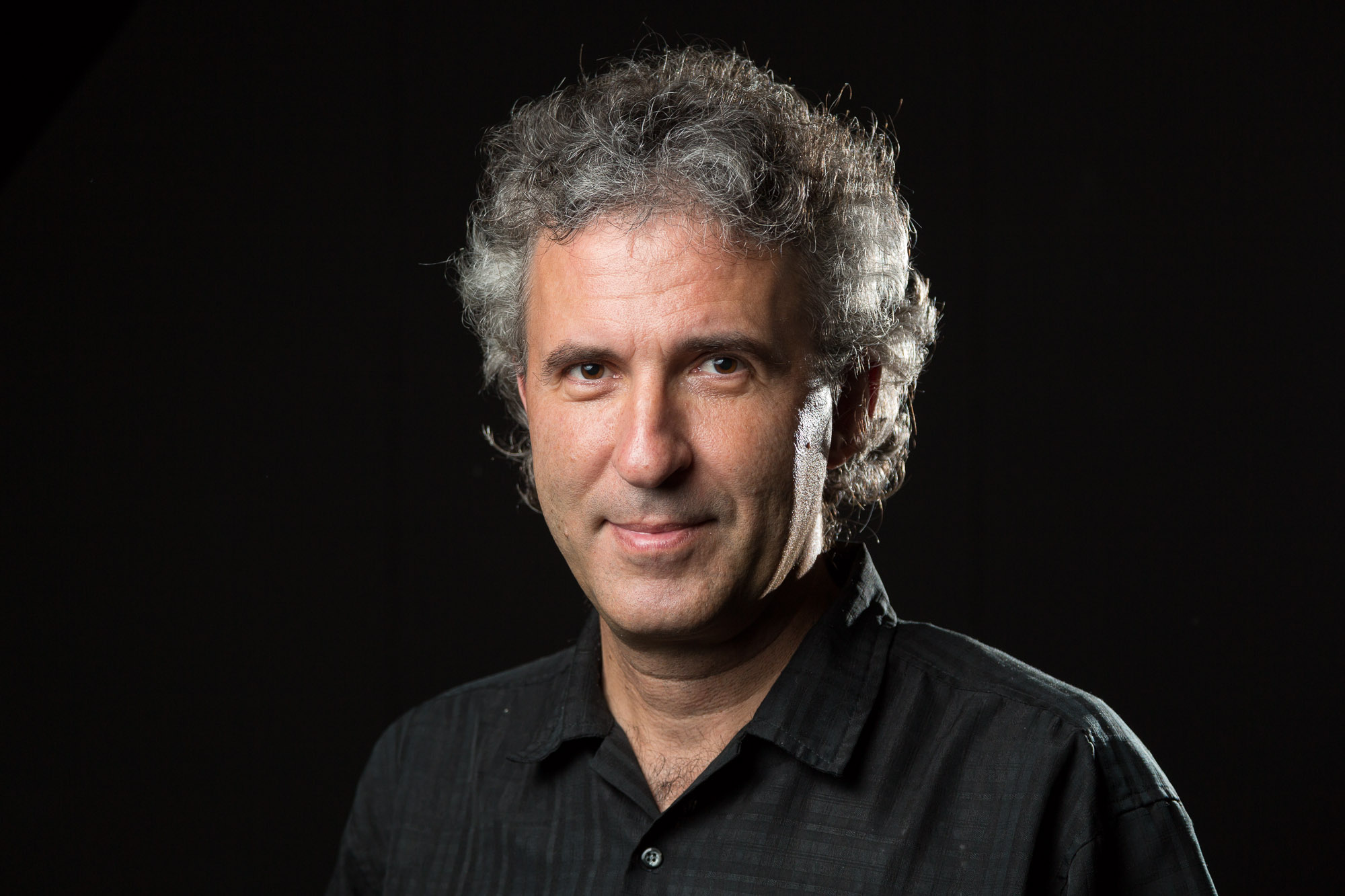
Mitja Velikonja
Dr. Mitja Velikonja is a Professor for Cultural Studies and head of Center for Cultural and Religious Studies at University of Ljubljana, Slovenia. Main areas of his research include contemporary Central-European and Balkan political ideologies, subcultures and graffiti culture, collective memory and post-socialist nostalgia. He was a full-time visiting professor at Jagiellonian University in Krakow (2002 and 2003), at Columbia University in New York (2009 and 2014), at University of Rijeka (2015), at New York Institute in St. Petersburg (2015 and 2016), at Yale University (2020), Fulbright visiting researcher in Philadelphia (2004/2005), and visiting researcher at The Netherlands Institute of Advanced Studies (2012) and at the Remarque Institute of the New York University (2018). For his achievements he received six national and one international award (Erasmus EuroMedia Award by European Society for Education and Communication, 2008).
Monographs: Post-Socialist Political Graffiti in the Balkans and Central Europe (London and New York: Routledge, 2020, translated into Serbian, Albanian, Slovenian, Macedonian and Ukrainian); The Chosen Few – Aesthetics and Ideology in Football-Fan Graffiti and Street Art (Los Angeles: Doppelhouse Press, 2021), a finalist for the 2022 Next Generation Indie Book Awards; Rock'n'Retro - New Yugoslavism in Contemporary Popular Music in Slovenia (Sophia; Ljubljana, 2013); Titostalgia – A Study of Nostalgia for Josip Broz (Ljubljana, 2008); Eurosis – A Critique of the New Eurocentrism (Ljubljana, 2005); Religious Separation and Political Intolerance in Bosnia-Herzegovina (College Station: Texas A&M UP, 2003).

